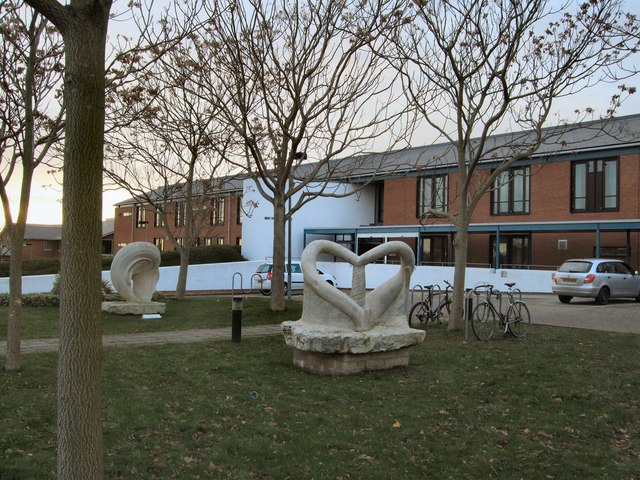Councillors and health watchdogs are being asked to share their views on changes to specialist inpatient dementia services in Brighton and Hove.
Members of Brighton and Hove City Council’s Health Overview and Scrutiny Committee – which includes representatives of Healthwatch, the Older People’s Council and the community and voluntary sector – will look over NHS Sussex’s plans to “transform the service”.
Sussex Partnership NHS Foundation Trust is working with NHS Sussex to reduced demands for inpatient dementia beds in Brighton and Hove and increase the number of acute mental health beds in response to need.
A report to the committee, which is due to meet next Monday (16 September), said that Brighton and Hove had a “robust network” of community-based dementia services providing mental health support and dedicated home care.
The 10-bed Brunswick ward at Mill View Hospital, in Hove, serves patients from across Sussex and some from Brighton and Hove.
An analysis of admissions found that two out of three admissions a month were for patients from East or West Sussex rather than Brighton and Hove.
But the trust said that there was more demand for acute mental health inpatient care rather than dementia beds so it was working with the Sussex Integrated Care Board on changing Brunswick ward into a 15-bed acute mental health ward.
NHS Sussex data showed that Brighton and Hove generated almost a quarter of adult mental health bed referrals in the county, resulting in longer waiting times than for the rest of Sussex.
People living with dementia requiring inpatient care would be served by the trust’s hospitals in Worthing and Uckfield.
Worthing currently has the highest proportion of dementia beds with 30 at the Forget Me Not Unit at Swandean Hospital which was a finalist in the National Dementia Care awards last year.
The report said: “While these changes will result in a net gain of 15 adult acute mental health beds in Brighton and Hove, they will also lead to the removal of 10 inpatient dementia beds within the city.
“While the city experiences relatively low demand for inpatient dementia beds, there is a pressing need for adult acute mental health beds.
“Therefore, this increased capacity is likely to benefit a greater number of the city’s residents and reflects the population need.
“Additionally, these changes aim to facilitate a shift in dementia services countywide towards a best-practice model, prioritising community-based care for people living with dementia.”
Brighton and Hove has a relatively young population compared with East and West Sussex. Of the 292,000 people living in the city, 13.5 per cent are 65 and over, compared with 26.1 per cent in East Sussex and 23.3 per cent in West Sussex.
In 2022-23, there were more than 37,000 people with depression in Brighton and Hove, or 13.4 per cent of the population, and almost 4,500 people, or 1.36 per cent, with other mental health problems.
People with dementia are a much smaller proportion of the population in Brighton and Hove, with just under 2,000 or 0.58 per cent. East Sussex has 6,268 people with dementia (1.1 per cent) and West Sussex 9,215 (1 per cent).
The report said that the age-related differences highlighted how Brighton and Hove’s younger population had a higher proportion of people with other mental health issues. The trust aims to increase community support for people with dementia.
The council’s Health Overview and Scrutiny Committee is due to meet at Hove Town Hall at 4pm next Monday (16 September). The meeting is scheduled to be webcast on the council’s website.









